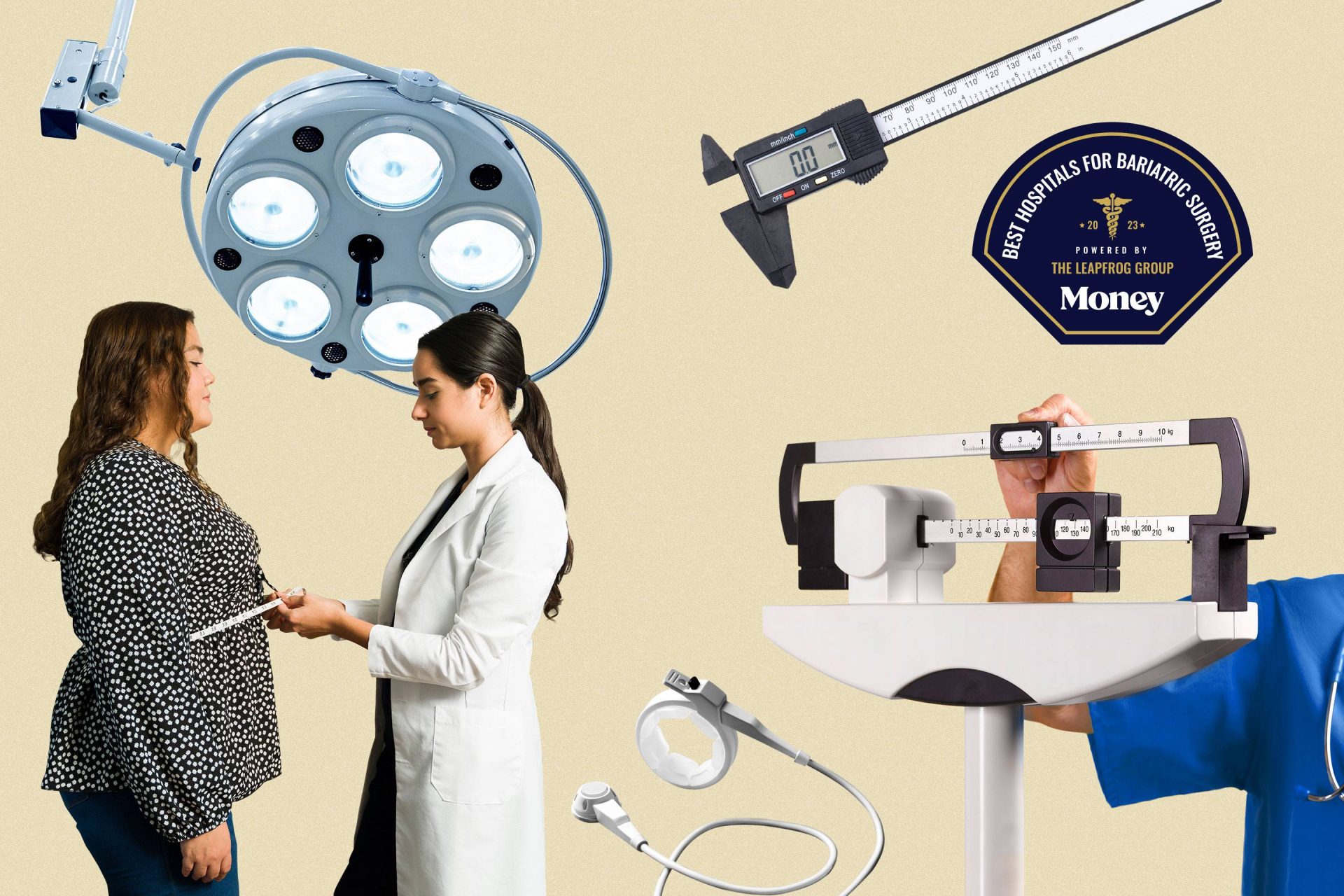Bariatric surgery works to balance out gut hormones that regulate hunger and satiety, helping you achieve long-term weight loss. Common procedures involve making your stomach smaller or bypassing part of your small intestine.
Your body absorbs fewer calories, and conditions related to obesity – including diabetes, high blood pressure and sleep apnea – improve.
Weight loss
Bariatric surgery is a surgical technique designed to assist individuals in losing weight. It is usually reserved for when other methods, like diet and exercise, have failed. Furthermore, bariatric surgery may help treat health conditions associated with obesity like type 2 diabetes, high blood pressure and sleep apnea.
Some bariatric surgeries can limit how much you can eat by altering how your stomach and small intestine work; others are malabsorptive, which means they reduce how many calories and nutrients are absorbed into your body.
Before undergoing bariatric surgery, it’s necessary to complete a screening process in order to make sure you are healthy enough and committed to permanent lifestyle changes. This involves both nutritional evaluation and mental health screening.
Diabetes
Diabetes develops when blood sugar levels reach unhealthy levels. Blood sugar comes from carbohydrates found in foods and beverages, which the body uses as energy source. Insulin allows glucose into cells for use by our cells.
Diabetes is typically diagnosed via blood tests; normal range for hemoglobin A1c should be less than 5.7%; prediabetes is possible if your A1c falls between 5.7% and 6.5%.
Losing weight, exercising regularly and getting enough rest are all ways you can lower your risk for diabetes. Furthermore, eating a diet rich in fruits and vegetables may also help – sometimes better results are seen after bariatric surgery than with lifestyle modifications alone, with decreased or eliminated insulin injections plus improved blood sugar and Hemoglobin A1c levels as outcomes.
High blood pressure
Blood pressure measures the force of blood against the walls of your arteries as your heart pumps it throughout your body. High blood pressure (hypertension), also known as elevated arterial blood pressure, is a serious condition which can lead to heart disease, stroke, kidney disease and vision loss if left uncontrolled – often without revealing itself through symptoms that make detection hard or impossible.
Blood pressure readings involve two numbers; the top number (systolic) represents arterial pressure when your heart pumps and the bottom number (diastolic) shows pressure between beats. You can lower your risk of high blood pressure by watching your weight, exercising regularly, eating healthy diet and taking medications that help control it. If these measures don’t work then surgery may also be an option to treat high blood pressure.
High cholesterol
Cholesterol, technically known as lipids, are an essential part of bodily function. When levels exceed healthy limits, however, too much cholesterol can accumulate in natural pathways in the body such as arteries – placing patients at greater risk of serious conditions like heart disease, high blood pressure and stroke.
You can lower your cholesterol by making changes in diet and lifestyle such as more physical activity and taking medication; plant stanols and sterols also work by blocking the absorption of cholesterol through your digestive tract – these can be found in fruits, vegetables, nuts and seeds, margarine orange juice and rice milk products containing them as well.
Sleep apnea
Obstructive sleep apnea causes breathing pauses that disrupt your night’s rest, potentially leading to fatigue and increasing the risk for cardiovascular disease, stroke and diabetes. This condition should also be taken seriously as it raises risks associated with these health conditions.
Central Sleep Apnea (CSA) occurs when your brain fails to send signals that keep your breathing-related muscles working effectively, typically due to severe obesity, neurological problems (such as amyotrophic lateral sclerosis (ALS or Lou Gehrig’s disease) or medications.
Studies show that patients who undergo bariatric surgeries such as Roux-en-Y gastric bypass or laparoscopic sleeve gastrectomy experience significant improvements or resolution of their sleep apnea after receiving bariatric surgeries, such as Roux-en-Y gastric bypass or laparoscopic sleeve gastrectomy (gastric sleeve). Weight loss helps decrease snoring and any interruptions to breathing during sleep, making breathing easier while potentially eliminating their dependence on CPAP machines altogether.
Disclaimer: The content on this blog is intended for general informational purposes only. It is not a substitute for professional medical advice, diagnosis, or treatment. Always consult qualified healthcare providers for personalized advice. Information regarding plastic surgery, dental treatment, hair transplant, and other medical procedures is educational and not a guarantee of results. We do not assume liability for actions taken based on blog content. Medical knowledge evolves; verify information and consult professionals. External links do not imply endorsement. By using this blog, you agree to these terms.





